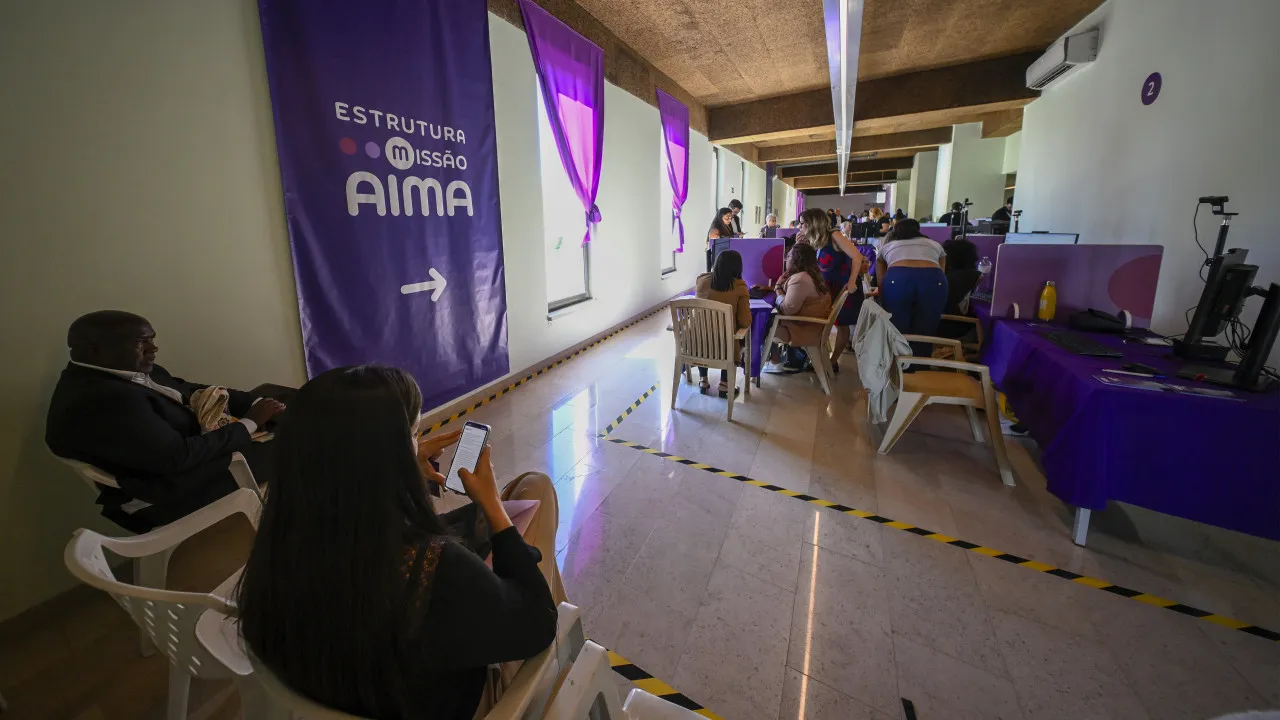
The Grande Colégio Universal achieved an average score of 16.51 out of 20 across 191 examinations conducted last year, based on internal grades averaging 17.05.
The school’s pedagogical director, Rui Brito, mentioned recalling previous years with better averages but acknowledged that as of July 2024, they realized that students had achieved the objectives they set for themselves. Currently, the institution accommodates 950 students from pre-school to 12th grade, welcoming pupils from diverse nationalities. The director emphasizes that the student body is increasingly diverse throughout the school’s 115-year history, which has witnessed the education of many individuals who later became noteworthy figures in the city and the nation, including the late filmmaker Manoel de Oliveira. Oliveira, born in Porto in 1908, passed away at the age of 106 in his hometown in 2015 and was recognized as the world’s oldest active director at that time.
When asked if being named the best school in the country in 2024 would influence the tuition fees for the coming academic year, which stand at 4,500 euros annually for secondary school students, Rui Brito denied it would. He clarified that fee adjustments are unrelated to rankings, attributing changes to broader economic conditions, stating, “everything increases.”
At this institution, they do not have traditional homeroom teachers but rather employ year coordinators. Professor Nuno Maio, who also teaches Biology and Geology, believes this model fosters a “teaching approach very close to the students,” facilitating the resolution of “more complicated cases.”
He explained, “We know the students from 5th grade through to 12th grade and even, in some cases, from pre-school through to the end of secondary education. This long-term engagement allows us to understand their specific characteristics and family and social contexts, which is fundamental for continually refining strategies and finding solutions that better meet the students’ needs.”
This model has been in place for over a decade.
Leonor Lima, a 12th-grade student who has been attending the school for about eight years, spoke of an “inclusive project that supports everyone individually,” addressing parental concerns about academic performance and examination success. She added, “We have smaller classes compared to other schools, which allows us to become more familiar with each other. I’ve been with my current classmates since the 5th grade, and we know each other well and try to support each other as much as possible.”
Regarding extracurricular activities, which range from sports to cultural experiences, Leonor highlighted how they enable students to “gain skills” and assist them in “thinking outside the box and becoming the people they aspire to be.”
Matilde Martins, who completed her 12th-grade studies at the school in September, was noted by Rui Brito as one of the students significantly contributing to the top average score. She described the school environment as a “second family,” albeit one where discipline plays a key role in achieving educational goals.
Addressing the question of mobile phone use in classrooms, the now tertiary-level student affirmed that it “was never a problematic issue,” as mobile devices were stored away and silenced before entering classrooms.
“We have all kinds of technological tools, but we didn’t use mobile phones during classes,” she commented.




